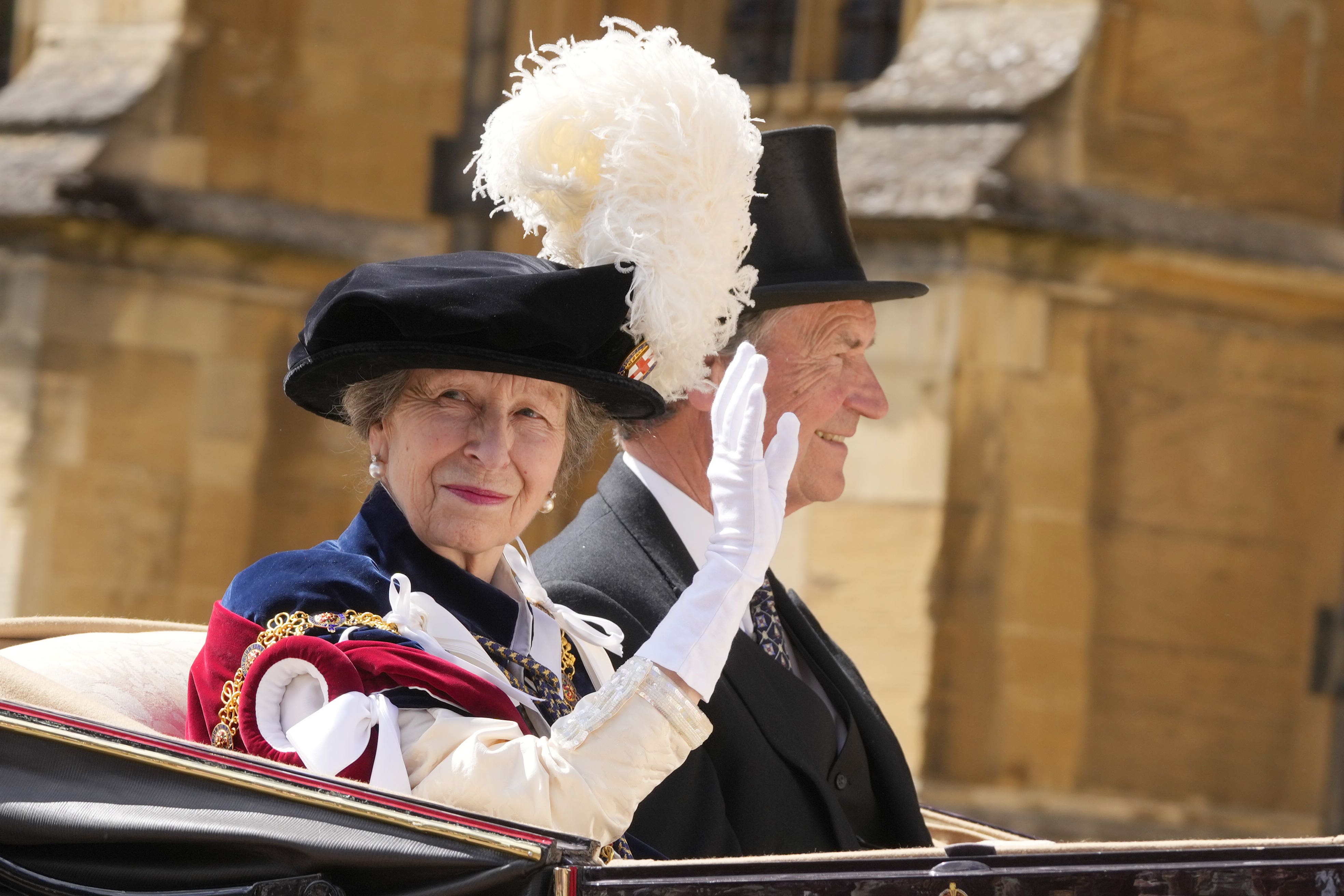Princess Royal: What happens when you return home after concussion
Concussion is a mild traumatic brain injury and its effects are usually short-term.

Your support helps us to tell the story
From reproductive rights to climate change to Big Tech, The Independent is on the ground when the story is developing. Whether it's investigating the financials of Elon Musk's pro-Trump PAC or producing our latest documentary, 'The A Word', which shines a light on the American women fighting for reproductive rights, we know how important it is to parse out the facts from the messaging.
At such a critical moment in US history, we need reporters on the ground. Your donation allows us to keep sending journalists to speak to both sides of the story.
The Independent is trusted by Americans across the entire political spectrum. And unlike many other quality news outlets, we choose not to lock Americans out of our reporting and analysis with paywalls. We believe quality journalism should be available to everyone, paid for by those who can afford it.
Your support makes all the difference.The Princess Royal has left hospital after being treated for minor head injuries and concussion.
Anne, 73, spent five nights at Southmead Hospital in Bristol after being struck by a horse while walking on her Gatcombe Park estate in Gloucestershire on Sunday evening.
Concussion is a mild traumatic brain injury and its effects are usually short-term.
– What are the symptoms?
Common symptoms of concussion include headache, confusion and loss of memory, known as amnesia, which can include forgetting what happened to cause the injury.
Physical symptoms can also include ringing in the ears (tinnitus), feeling or being sick, fatigue, dizziness and blurry vision.
People who witness a concussion in somebody else may report that they are unable to answer questions promptly, slur their speech, and seem dazed.
Some of these symptoms may occur immediately while others come on over a few days.
People are urged to seek urgent medical help in cases where there is repeated vomiting or nausea, a loss of consciousness, a headache that gets worse over time, changes to vision, confusion, seizures, weakness in limbs, sudden deafness and when fluid or blood is draining from the nose or ears.
– What happens when you return home?
People can often need to be monitored for at least 48 hours after suffering a concussion to make sure they have not suffered any bleeding on the brain.
Once at home, you can apply a cold compress on the area, such as a bag of frozen peas wrapped in a towel, to reduce swelling.
Paracetamol is recommended to help with any pain. Doctors advise against taking anti-inflammatory drugs like aspirin or ibuprofen as they can cause bleeding.
Patients should rest as much as they can and avoid stressful situations.
They should not return to work or school until they feel better and should avoid driving or drinking alcohol until they are fully recovered.
Sleeping pills are also not recommended whilst recovering, unless they are advised by a doctor.
– How long can symptoms last?
According to the NHS, the symptoms of concussion can last up to two weeks and patients are advised to see their GP if they last any longer.